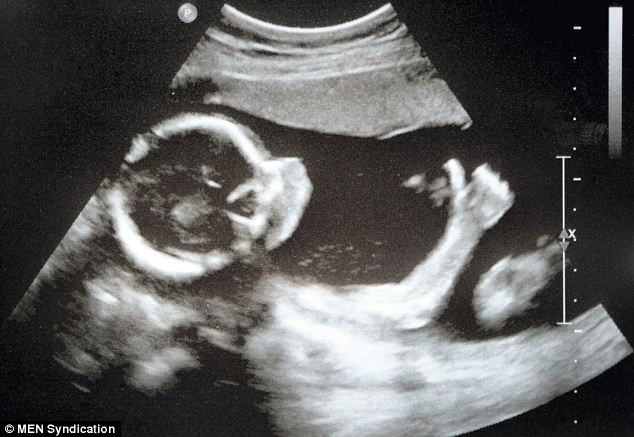Ethical Case for Abolishing all Forms of Surrogacy
StopSurrogacyNow November 2017
Family First Comment: The NZ Herald is currently pushing this issue without a countering view. Here’s one (of many)….
“Scientific studies prove that maternal-neonate separation in the crucial months after birth disturbs the baby’s heart rate and sleep and other biological systems, predisposing the child to difficulties later in life which can include relationship and emotional difficulties, mental disorders and illnesses. In taking a child-centered view of surrogacy, we must take into account what we know of the trauma and confusion of separation from the natural family, especially from the birth mother, experienced by adoptees….
“The gestational mother is the only person the child knows when they are born. For every single child, their “mother” is acknowledged as the woman who created that baby by taking them from embryo to fully formed infant, throughout nine months of symbiotic gestation, establishing that person’s first relationship with a human adult, the destruction of which damages both mother and child. The gestational mother is the natural parent of her own child, whether or not she used her own eggs or implanted a donor embryo.”
All surrogacy is cruel to human infants because even so-called “altruistic surrogacy” demands the removal of the neonate from her or his gestational mother when every aspect, every cell, every desire of that neonate, is geared toward being on the body of the gestational mother, to suckle and seek comfort and safety.
As an adoptee, I was removed at birth from my gestational mother, her breasts bound for three days in another room while I screamed for her, and my hospital records record my growing distress. Adoptees around the world testify to their battles with depression and rage, difficulties in trusting and attachment, and a profound sense of loss and grief caused by the loss of their mothers at birth. Scientific studies prove that maternal-neonate separation in the crucial months after birth disturbs the baby’s heart rate and sleep and other biological systems, predisposing the child to difficulties later in life which can include relationship and emotional difficulties, mental disorders and illnesses. In taking a child-centered view of surrogacy, we must take into account what we know of the trauma and confusion of separation from the natural family, especially from the birth mother, experienced by adoptees.
The argument that surrogacy can be ethical, as long as it is not commercial and is done “altruistically” for a relative or friend, does not hold up under inquiry. Kajsa Ekis Ekman in Being and Being Bought: Prostitution, Surrogacy and the Split Self points out that “if the procedure is legalised a woman will bear a child as laid out in a contract—the risk that a black market will develop increases . . . Just as trafficking is a consequence of prostitution, commercial and altruistic surrogacy are different levels on the same scale.” In Australia, Ekman’s claim has been borne out. We are the largest consumers of overseas surrogacy despite altruistic surrogacy remaining legal in Australia. Americans and Britons are also dominant among foreign buyers in India despite commercial surrogacy being legal in their own countries or states.
So not only is there “no proof that altruistic surrogacy will hold back the commercial market”, but Ekman also points out that all women get paid in surrogacy anyway. For example with holidays, a new wardrobe, school fees for the gestational mother’s other children, and so on.
Whether surrogacy is altruistic (in whatever limited sense) or commercial, the fundamental ethical issues remains the same. Ekman sums this up well: “the woman is reduced to a container . . . Pregnancy is made into a function that serves others. Functionalisation always precedes commercialisation, as we have seen in prostitution. In order for something to be sold as separate from the seller, it must first be constituted as a separate function. What happens in the rhetoric of altruistic surrogacy is that it subversively accustoms people to seeing pregnancy as something a woman can lend to others—if she is not selling it.”
READ MORE: http://www.stopsurrogacynow.com/ethical-case-for-abolishing-all-forms-of-surrogacy/?utm_source=CBC+Newsletter&utm_campaign=3e631987cf-EMAIL_CAMPAIGN_2017_11_02&utm_medium=email&utm_term=0_56f2fc828e-3e631987cf-70772305&mc_cid=3e631987cf&mc_eid=e458a49e38#sthash.R1QEJGTl.UpXMqUYy.dpbs





